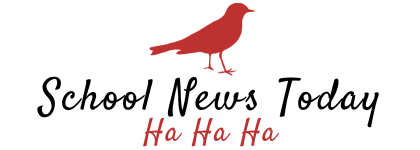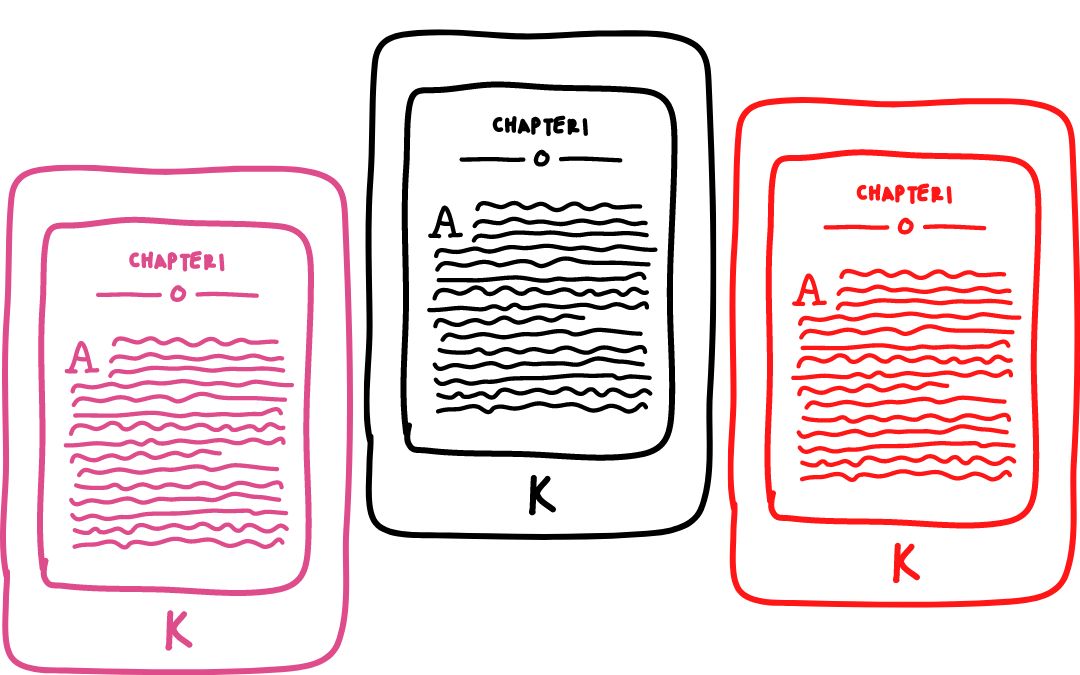Letter of Outrage From A Creative Writing Professor at Fred’s University
Book Manuscripts Should Be Selected By An Anonymous Clearinghouse
The Problem With The Agent System
The literary world is locked down by a system of insider patronage which benefits a tiny minority. Unless we open up access to the publishing industry, it will die.
Here is how it has always worked: a well-connected white person, generally a man, knows someone who knows someone who can connect them to a literary agent who can connect them to a book publisher.
The whole process is massaged by expensively educated underpaid white women in dead-end publishing jobs who are expected to leave and get married once they are not attractive enough to service the older males at the top who run it all.
NB: Apologies to all of you strong older women who are the exceptions that prove the rule.
One of the self-reinforcing aspects of this elitist mechanism is that even if you are a member of the elite, it feels it is hard to work the system. Your Stanford roommate doesn’t want to share his agent’s name, your manuscript always ends up lost in the Slush Pile with The Witches of Westchester County and How To Eat Like A Turtle To Lose Weight and Live Forever. No one answers your carefully worded email follow-ups to the assistant who keeps blowing you off. When you break through, it feels like you have earned it through a numbing process of humiliation and copy and paste.
But the truth is the agent system is almost entirely closed off to ordinary people, especially people of color.
The New York Times did a study of the last 75 years of books published and found that 95% were written by white authors. Even in recent years, when things have improved somewhat, about 75% of published books are by white authors.
The only way an ordinary person enters this system is through the tiny trickle of non-elite non-white people who can access the pipeline through the few integrated areas of academia. That’s your creative writing professor with the name of a New York City agent who guards this fact with his life as he clings to the exhausting teaching job that barely keeps him out of poverty.
As for women, many of whom are very privileged, even though they read more books and graduate from MFA programs at higher rates than men, they still can’t break the equity point on the New York Times Bestseller list.
As a result of this archaic system, books don’t reflect the world. Readership has fallen even as literacy grows. Publishing is killing itself. The internet is better targeted to its audience and more diverse than the book world. Books will die if we don’t change how the pipeline works.
Please understand that agents and publishers do not want to solve this problem. They all want to win the rigged game and consolidate the losing agencies and publishing houses under their portfolios.
Handwringing on this subject is usually a self-serving enterprise that creates more editorial opportunities for insider agents to advertise themselves. Publishers use such discussions to showcase their few minority offerings and get paid publicity. Yadda yadda yadda.
The Solution To The Publishing Crisis
Here’s another idea. Create one central anonymous clearing house for literary manuscripts. For every manuscript you submit, you must read, review and rate five. To avoid publicity campaigns for insider MS submissions, the readers must be randomly assigned. Now we have five readers for every book without a single young white assistant taking home manuscripts in her monogrammed LL Bean tote bag to the Hamptons for the weekend.
If an MS receives a minimum score, it gets assigned to more readers. At this level, you are required to read and review more manuscripts in order to get your manuscript to the next level. Perhaps there is a service requirement on an Oversight Committee to deal with complaints and banish trolls. After a certain point, a manuscript is promoted to the paid reader arena, a public consortium of agents. These agents compete to represent authors to publishers in a transparent process.
It is not a perfect system because we know that readers will be biased against people who are not like them, and right now the world is still dominated by white males. But the more outsiders get involved, the less biased it will be.
Can you resubmit? Of course. Your random readers may not like your book, but you have a chance to make an edit and try again. Just like the first time, you pay for your submission by reading other people’s submissions. There’s hope for your coffee table book Pandemic Photos of My Cat Named Nietzsche.
Publishers would agree to accept only manuscripts that had gone through this open process.
How about a little seal of approval on the covers of books indicating FAIR PUBLISHING PROCESS just the way some chocolate bars say Fair Trade or some egg packages say Cage-Free?
Questions I always get About My Outrageous Publishing Reform Plan
Q. There have been so many short stories and novels about The Ingenue and the Author. What will happen to those super literary stories of “passion” with the impressionable young assistant in the Xerox room after the three Moscow Mule lunches?
A. That’s what the backlist is for.
Q. Even low-paid publishing jobs are good jobs for nerds. Who is going to employ the young white women who don’t wear makeup and use the Times Literary Supplement to line their cat litter boxes?
A. Nerds are more employable than ever. It’s a geek’s world now. Don’t let anyone gaslight you into thinking you are unemployable. You white women have been convinced that you have to give away your supposedly unsaleable skills for free in a sick game to steal your devalued labor. When you work for below-market rates you bring down everyone’s wages. And you make it impossible for people outside the white elite to compete for intellectual jobs that don’t pay a living wage in the big cities where they are located. The sooner this bubble bursts the better for everyone.
Q. If we end up with more diverse books, will anyone read them?
A. By “anyone” I think you mean white men. The point is to reach the rest of the readers. The idea that the readership is white men has become a self-fulfilling prophecy.
Q. Why would literary agents and publishers agree to gut their industry?
A. The white literary world has a scarcity mindset based on the apocalyptic racist fantasy that they must protect their small white world at any cost. They are unlikely to let go of this delusion. We will have to force them to give up their failing business model and their NPR Sundays at the last independent coffee shop in their gentrified neighborhood or wait until the business crashes.
Q. In the meantime, would you please help me get an agent for my book More Stuff About Me?
A. Send your manuscript to my niece, a young Ivy League Agent’s Assistant who is currently working remotely at her parents’ house in Nantucket. Who knows? You might get lucky and she will write a short story about you.
Also Read: Equitable and Inclusive Poetry Workshop Will Meet In the Copy Closet

